Remarkable recovery of South Sudan victim Nyajime, four
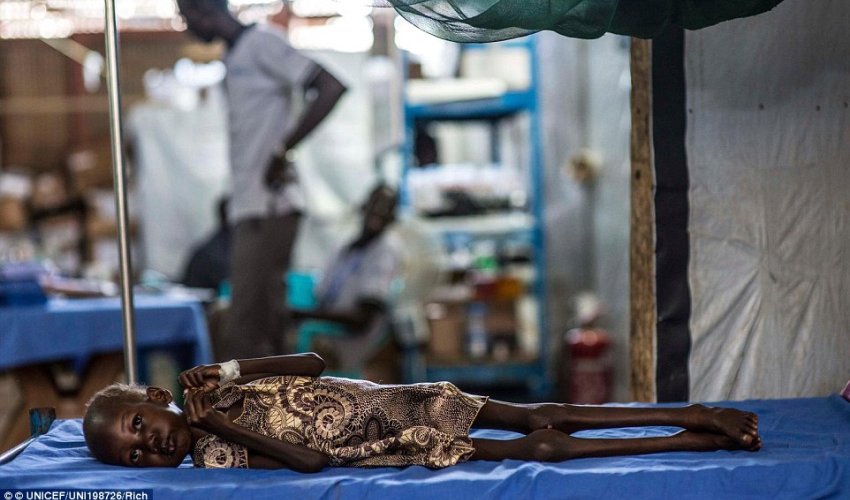
When four-year-old Nyajime Guet arrived at the clinic in South Sudan on October 12, she was so weak she couldn't even sit up.
She was so malnourished, her little legs were barley wider than a 50 pence piece, and she weighed just nine kilos, less than an average girl of one.
Nyajime was on the point of death, and her desperate father knew it.
‘There was no food at home and we couldn’t feed her well,’ recalled Nyajimes’ father, Michael Wieu. ‘She was getting more and more sick every day.
'The day I brought her to the clinic she wasn’t moving, she couldn’t walk or sit.’
But Michael was determined not to let his daughter give up. He held the little girl in her arms when she couldn't sit, and never left her bedside in the Unicef-supported clinic in Juba as doctors battled to bring her back from the brink.
Within five days, Nyajime was showing signs of improvement. Most noticeably, she started to sit up unaided and could even manage a small smile.
By day eight, she was on her feet, albeit shakily.
When she was photographed on day 11, she was keeping a close eye on her father, who was discussing her process with the doctor.
Most importantly, Nyajime's smile was not small anymore.
It is a remarkable recovery, and no one is more relieved than Michael, a university student who brought his family to the camp after fighting broke out in their village of Bentiu, more than 600 miles north of the capital. It has allowed the 39-year-old to finish his degree, but means the family have no money.
Nyajime was yet another innocent victim of the civil war which is raging in the world's youngest country, South Sudan, where rebels have been battling the government for control since December 2013.
Nyajime is not an unusual case,' Jonathan Veitch, UNICEF representative in South Sudan told MailOnline.
'Unfortunately, the number of children suffering from severe acute malnutrition has more than doubled since 2013.'
This is because the war has not only resulted in 10,000 dead in the fighting, but also devastated the harvests, as well as pushing prices of other essentials up, while more than 2.2million people have been displaced, the vast majority still trapped within the borders of the ravaged country.
As a result, Unicef estimates more than 3.9million people are experiencing severe hunger in South Sudan. At the end of October, the organisation warned 30,000 people were at risk of starving to death.
'People are on the edge of a catastrophe that can be prevented,' World Food Programme (WFP) chief Joyce Luma said.
The vast majority, like Nyajime, are children. This year, Unicef planned to treat 148,958 under-fives just like her who are suffering from severe acute malnutrition across the country.
In order to meet their needs - not just food, but shelter and education - Unicef needed to find £122million this year.
The target next year may be lower, but it is still huge: £110million, with £20million needed just to deal with malnutrition. Without it, they won't be able to save children like Nyajime.
'UNICEF and partners have had to scale up the response to reach the most vulnerable children,' said Veitch.
'Just this year UNICEF, through its partners like International Medical Corps, have treated close to 120,000 children with SAM, 50 per cent more children than this time last year.
'Looking forward, it is critical to continue scaling up the response to reach as many children as possible, our target for 2016 is 166,222 children.
'And without the funding, many of these children may die.'
As for Nyajime, she was discharged and is now in the outpatient nutrition programme, with doctors more than hopeful of a full recovery.
‘It is such a rewarding experience to see children smile and running around once they have recovered,' said Veitch.
(dailymail.co.uk)





www.ann.az
Similar news
Similar news


























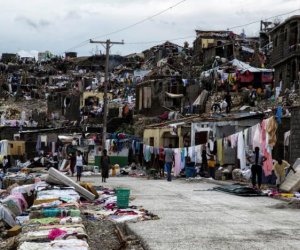

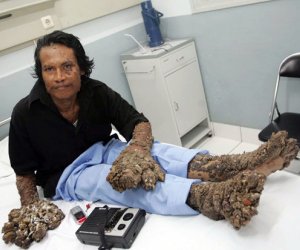
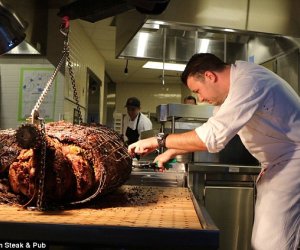

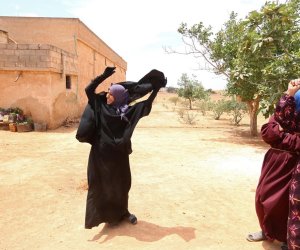
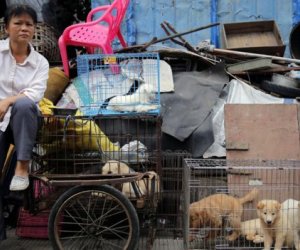



 Photo
Photo 

 Video
Video 

